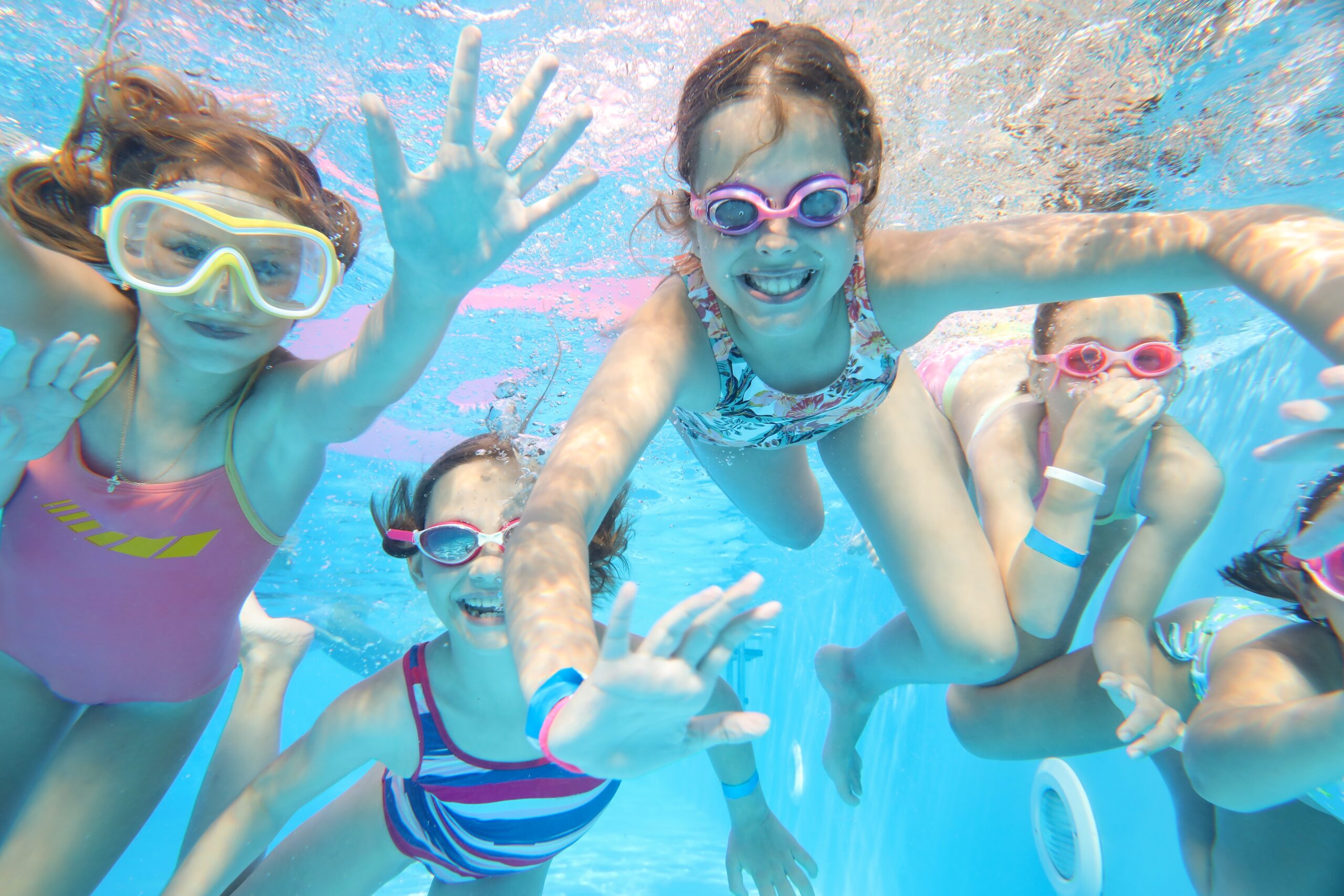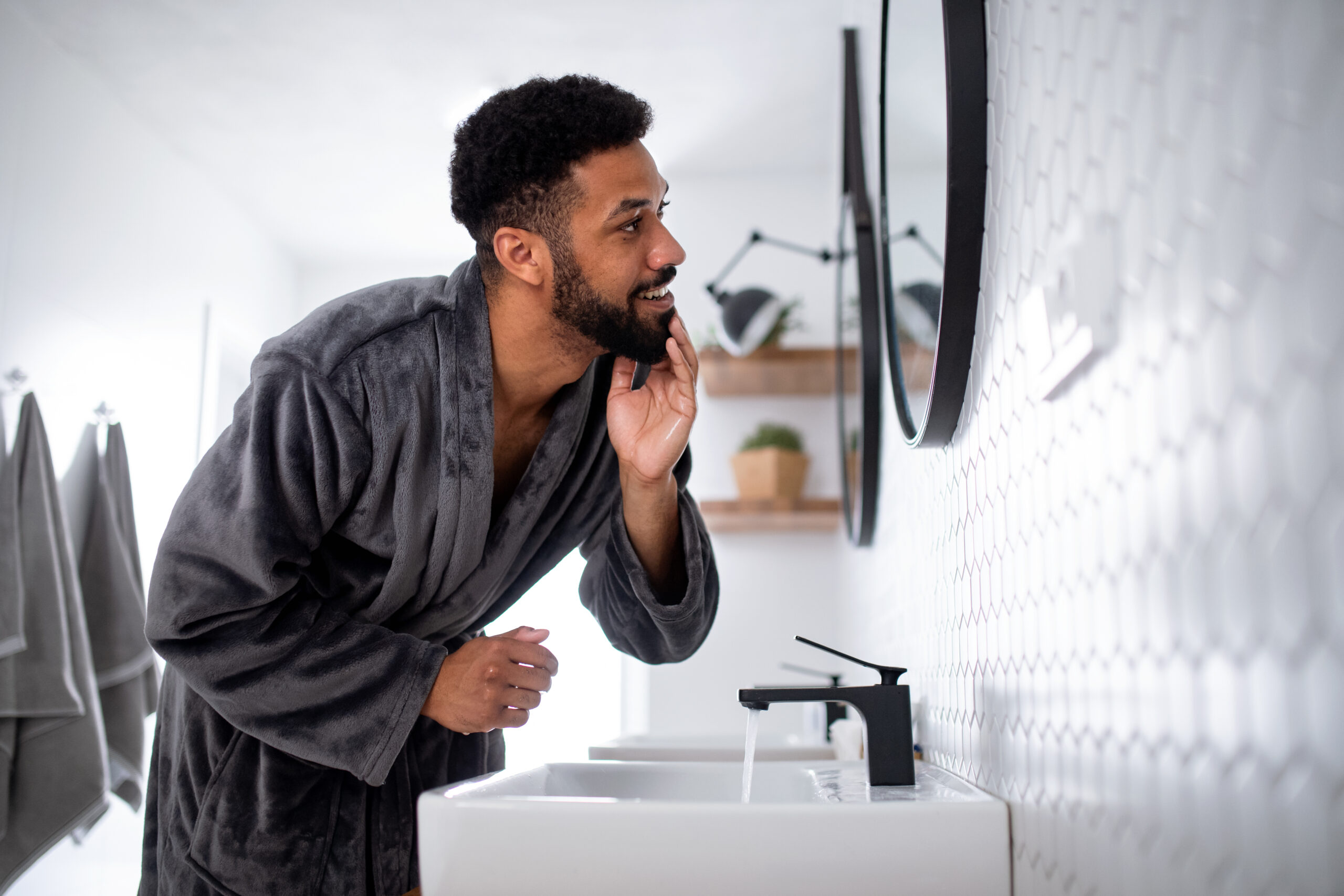Summer Eye Health Tips for Teens: Preventing Allergies and Chlorine-Related Dryness

Late summer can be tough on teen eyes, with a combination of lingering seasonal allergies and frequent pool days creating the perfect storm for irritation. From pollen-induced allergic conjunctivitis to chlorine-related dryness, eye health issues can disrupt daily activities, sports, and even academic performance. Addressing these concerns early can help teens enjoy the rest of the season in comfort.
Understanding Summer Allergies and Their Impact on Teen Eyes
As summer winds down, allergens like ragweed, mold spores, and grass pollen remain active. Teens who spend more time outdoors are especially vulnerable. Allergic conjunctivitis can cause red, itchy, watery eyes, and sensitivity to light—making outdoor sports, reading, and screen time uncomfortable. If left untreated, these symptoms can linger into the school year and affect concentration.
The Effects of Chlorine Exposure on Teen Eyes
Chlorine and other pool chemicals are designed to keep water clean, but they can also strip away the tear film that protects the eye’s surface. This can lead to swimmer’s eye, characterized by redness, stinging, and excessive tearing, or even contribute to chronic dry eye symptoms. For contact lens wearers, chlorine exposure increases the risk of eye infections and can cause discomfort long after swimming.
Preventive Measures for Allergies and Pool-Related Eye Issues
To help teens avoid summer eye problems, parents can encourage these healthy habits:
- Limit outdoor activities during peak pollen hours and have teens wash their face and hands after coming inside.
- Wear protective goggles while swimming to keep pool chemicals away from the eyes.
- Practice proper contact lens hygiene, removing lenses before swimming and cleaning them thoroughly afterward.
Treatment Options for Allergic and Chlorine-Induced Eye Irritation
Mild allergic conjunctivitis may respond well to over-the-counter antihistamine eye drops, while prescription options may be needed for persistent cases. Cold compresses can help soothe inflammation, and preservative-free artificial tears can restore moisture after swimming. If symptoms last more than a few days or worsen, it’s important to schedule a professional eye exam.
FAQs: Teen Eye Health in Summer
Symptoms include red, itchy, watery eyes, and light sensitivity, often worsening with outdoor exposure.
While occasional exposure is usually harmless, repeated or prolonged exposure can lead to chronic irritation and increased infection risk.
It’s best to avoid wearing contacts in pools. If necessary, wear waterproof swim goggles to protect the lenses and eyes.
Antihistamine eye drops and cold compresses can help. For severe cases, see an eye doctor for tailored treatment.
Wearing swim goggles, practicing good contact lens hygiene, and avoiding peak pollen times can help maintain healthy eyes.
Keep Their Vision Clear All Summer
Proactive management of allergies and pool eye irritation is key to protecting teen vision. By teaching healthy habits now, you can help prevent long-term problems and ensure your teen starts the school year seeing clearly.
Ensure your teen’s eye health this summer by scheduling a comprehensive eye exam at SightMD. Our experts provide personalized care to address allergies, pool-related eye issues, and contact lens concerns.


